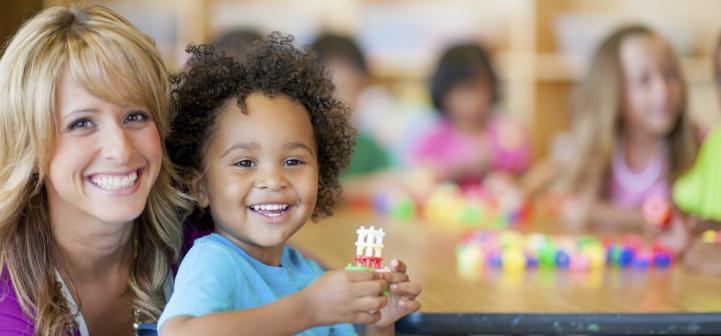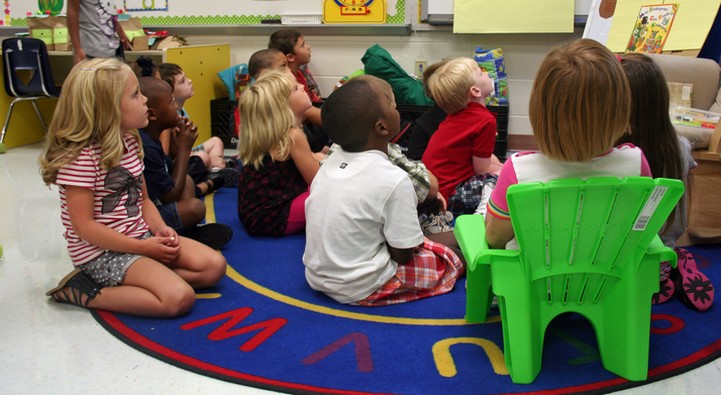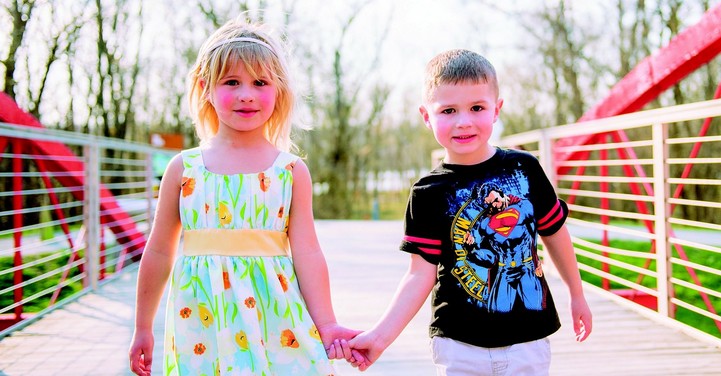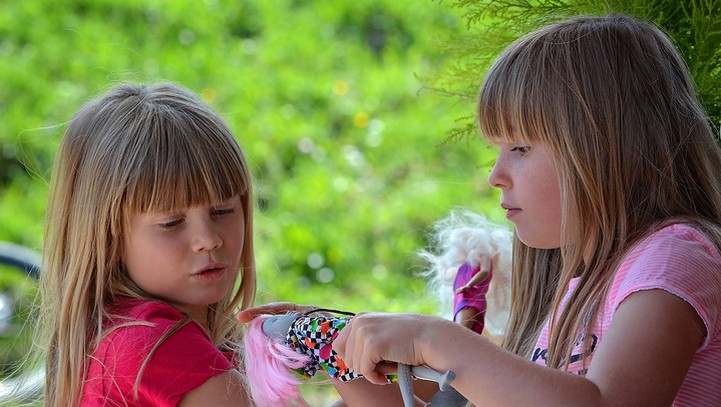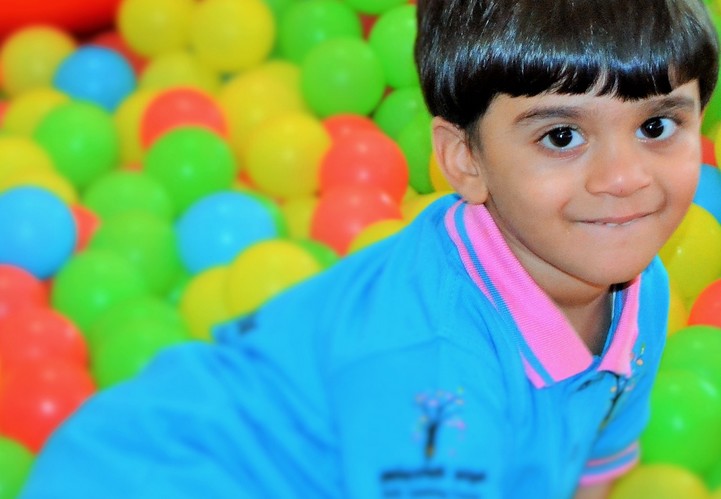
Between the ages of 3 and 5, children are still growing quickly, and are continuing to practice their large and small motor skills. Child care providers can support preschoolers’ physical and motor development by ensuring that children eat well-balanced meals and snacks, by building in plenty of time for active play and by planning a wide variety of activities to encourage motor development. The lists below give an idea of what to look for in the physical development of preschool-age …
